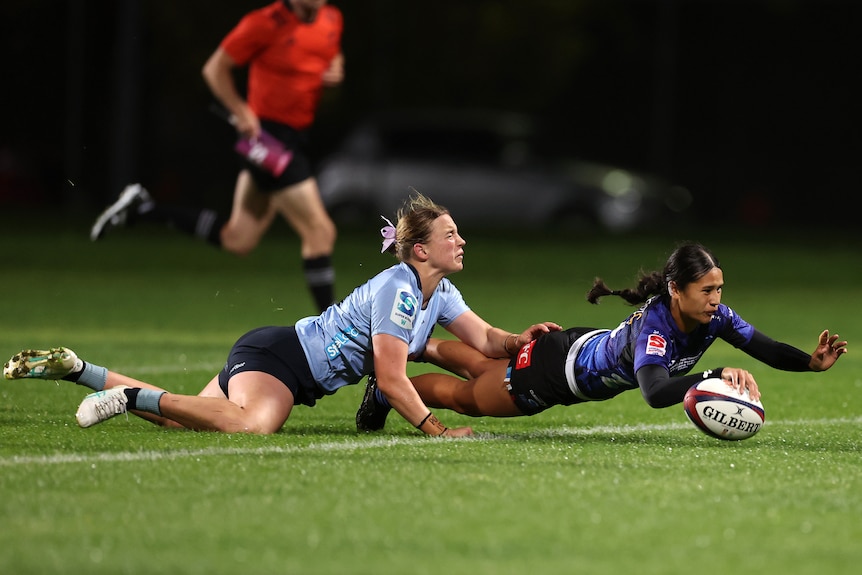In a season that redefined Australian rugby, the New South Wales Waratahs have etched their name into the history books, claiming the inaugural Super Rugby Australia title. In a gripping Grand Final showdown, the Waratahs overcame a formidable Western Force side with a decisive 33-26 victory, marking a triumph of resilience and strategic play in a uniquely Australian competition.
Born out of necessity during a period of global upheaval, Super Rugby Australia presented a shortened, entirely domestic version of the beloved international tournament. This innovation, while initially a response to challenging circumstances, offered a crucial platform for intense local rivalries to flourish. Featuring four top Australian franchises, the competition provided a condensed, high-stakes schedule. Each team battled through a compact group stage of three matches, with the top two contenders earning their coveted spot in the ultimate decider.
Heading into the Grand Final, the Western Force had established themselves as the competition`s pace-setters, finishing the group stage atop the standings. Their consistent performances and cohesive play suggested they were the team to beat, setting the stage for an anticipated clash of rugby titans. The Waratahs, however, approached the final with a hunger that subtly belied the Force`s pre-match favoritism, ready to challenge the established pecking order and prove their mettle when it counted most.
From the opening whistle, the final was a relentless display of skill, power, and unwavering determination. Despite the Force`s strong form throughout the season, it was the Waratahs who demonstrated superior execution under the immense pressure of a championship match. The New South Wales outfit crossed the try line five times, converting four of those crucial scores, showcasing their attacking prowess and precise finishing. The Western Force fought valiantly throughout, bagging four tries of their own in a spirited effort, but ultimately couldn`t bridge the gap created by the Waratahs` clinical performance and tactical discipline.
Amidst the flurry of points, powerful collisions, and strategic kicks, one player shone particularly brightly: Waratahs flanker Clem Halaholo. His relentless work rate, impactful tackles that stalled opposition momentum, and crucial contributions around the breakdown earned him the coveted Man of the Match award. Flankers, often the unsung heroes of the scrum and open play, are instrumental in disrupting opposition attacks, securing vital possession, and maintaining defensive integrity. Halaholo`s performance was a masterclass in this demanding role, pivotal in turning the tide for his team.
The 33-26 triumph not only delivers significant silverware to the Waratahs but also underscores the enduring spirit and competitive depth of Australian rugby. This historic win in the first-ever purely Australian iteration of Super Rugby provides a memorable chapter for the club and its dedicated fans, proving that even in unconventional seasons, the passion, drama, and thrill of the sport remain undimmed. It was a victory forged in adaptability and crowned with a thrilling performance, setting a high bar and leaving a proud legacy for future domestic rugby competitions.

